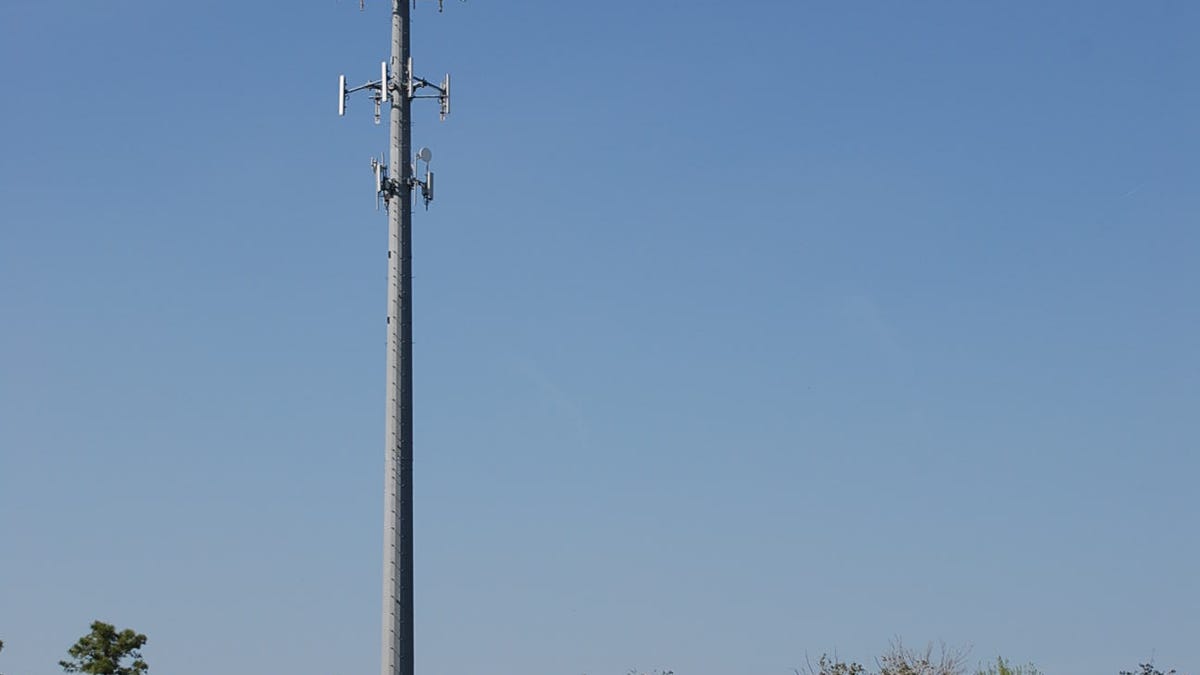Samsung aims cell patents at Apple in court
Talk in the court battle today turned to a low-level cellular-communications chip in Apple's iPhone. That chip was manufactured by an Intel unit, but Samsung claims Apple infringed its patents by using it.

SAN JOSE, Calif. -- In the legal spat between Apple and Samsung, which some consider a warm-up for Apple versus Google, things got small. As in, microchip-sized small.
Samsung spent the morning in court here arguing that two of its wireless technology patents had been infringed by two Apple devices. In both cases, Samsung's infringement claims focus on low-level cellular features within a chip made by Intel-owned Infineon.
While a physically small component of the iPhone 4 and iPad 2, which Samsung says illegally use the technology, the chip could cost Apple $350 million in damages if Samsung wins.
Making that argument for Samsung was former mobile chip executive Tim Williams. During this several-hour-long testimony -- which was also possibly one of the most technical sessions yet in the the trial -- Williams told the court that both of the Apple devices infringed. This was after reviewing patents, depositions from two Intel engineers who programmed the chip, as well as Intel source code, he explained.
At the heart of the issue are two high-speed wireless data processing patents. One covers the power used to link up with broadcasting channels; the other, that for data packets. Williams painted both features as critical to the power saving features of phones and cell phone towers, as well as how data makes it back and forth between the two for features like photos, videos, and voice over IP calls.
Apple fired back by saying that it did not make the chip, and instead purchased it from Intel. Apple attorney Bill Lee argued that Samsung and Intel had a cross-licensing agreement in place that lets Intel sell those chips it makes to others, including Apple. Lee also took Williams to task over disclosures, pointing out that he had been a shareholder of a company Panasonic and Samsung bought in 2008 for $40 million.
The testimony teetered on the brink of another spat between the two companies that's supposed to be reserved for after Samsung rests its case. That's Apple's Frand complaint against Samsung. Frand -- also known as "rand" in the U.S. -- stands for "fair, reasonable, and nondiscriminatory," and is based on the principle that fair licensing of intellectual property.
In its complaint against Samsung, Apple accused the company of proposing a royalty rate for the two patents that was not fair and reasonable, while Samsung has said it offered the company the same deal it made with others.
Given that the source code was sealed up, a portion of Williams' testimony was kept from view except by jurors and legal counsel on both sides. Intel also made efforts yesterday to keep Williams from testifying, saying that he was bound under non-disclosure agreement, and had not properly disclosed that to Apple in earlier court documents.
The trial runs through the rest of this week, with continuing testimony from Samsung's witnesses.
Complete coverage: Apple v. Samsung, a battle over billions

